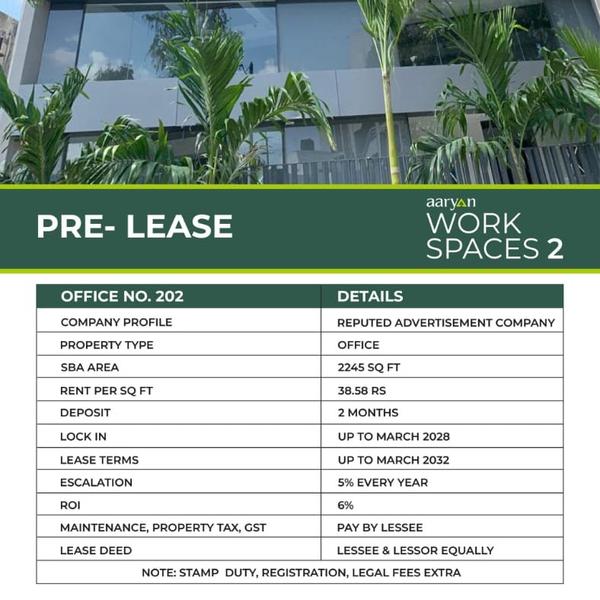
Modernizing Property Registration: The Registration Bill, 2...

The Government of India has introduced the Registration Bill, 2025, aiming to overhaul the existing Registration Act of 1908. This move seeks to modernize property registration processes, enhance transparency, and curb fraud in real estate transactions. Expanded Scope of Compulsory Registration Under the new Bill, the range of documents requiring mandatory registration has been broadened. In addition to traditional sale deeds, documents such as Agreements to Sell, Powers of Attorney, Development Agreements, and court-issued sale certificates must now be registered. This expansion aims to close loopholes that previously allowed informal or benami transactions to occur outside the formal legal framework. Digital Registration Framework A significant feature of the Bill is the introduction of a comprehensive digital registration system. It permits the electronic submission of documents and the issuance of digital registration certificates. Identity verification can be conducted using Aadhaar (with consent), PAN, biometric thumb impressions, or other government-recognized IDs. This digital approach is designed to reduce fraud and streamline the registration process. Integration with Existing Systems The Bill proposes integration with existing state and central government databases, such as land revenue records and municipal records. This integration aims to enhance transparency and facilitate easier access to property information. Cancellation of Fraudulent Registrations One of the most transformative provisions is the establishment of an Adjudicating Authority empowered to cancel registrations obtained through fraudulent means or false information. Previously, once a document was registered, the registrar had no authority to cancel it. This provision offers a more efficient remedy than protracted civil litigation, providing a quicker resolution in cases of fraud. Administrative Reforms The Bill also proposes the creation of new administrative roles, such as Additional and Assistant Inspectors General of Registration, to oversee the registration process. This restructuring aims to improve governance and accountability within the registration system. Public Consultation and Feedback The Government has opened the draft Bill for public suggestions, inviting feedback from citizens, legal experts, and stakeholders in the real estate sector. This consultative process is intended to ensure that the final legislation addresses the concerns and needs of all parties involved.
Subscribe for latest offers & updates
We hate spam too.


